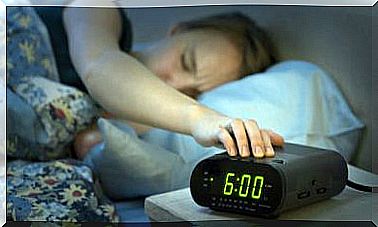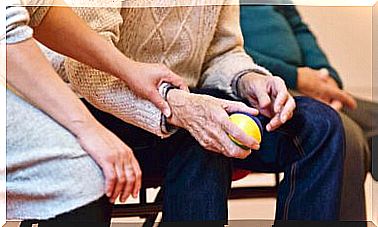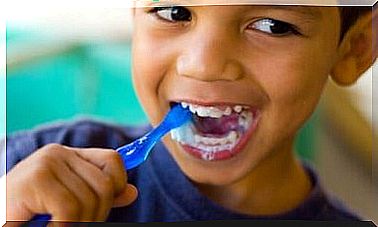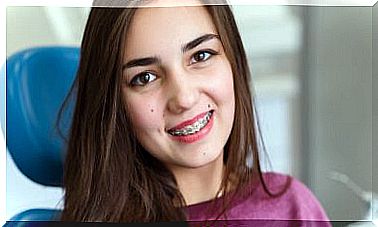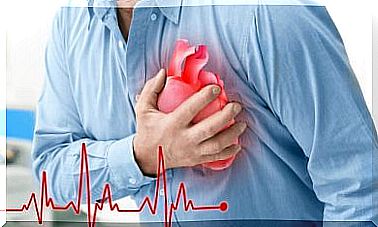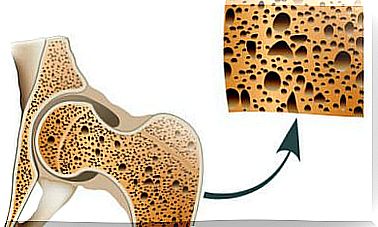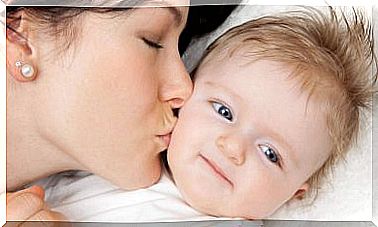Can Creatine Cause Hair Loss?
Creatine is a food supplement that is consumed to gain muscle mass. However, it appears to have a downside to hair health. Therefore, many wonder, could creatine cause hair loss?
To know the answer, let’s see what creatine is in more detail and other information of interest below. Read on so you don’t miss out on anything!
Creatine is – in essence – an amino acid, that is, it is the raw material with which the human body can form proteins. In its natural state, it is found in the body’s muscle tissue and actively participates in contraction and intervenes in energy processes.
In 1990 the idea began to be promoted that by taking it as a supplement, the amount of creatine within the muscle could be increased. Experience has shown that it does have an effect on muscle mass in some way. Also, you may be able to progressively increase muscle strength.
The popularity of this supplement has been accompanied by myths surrounding its effects and adverse reactions. Some of the doubts that are had is whether this supplement may be capable of causing hair loss.
How does creatine work?
Creatine emulates the action of the natural substance in the muscle, since when ingested as a supplement, it causes the body to use that surplus that did not exist before. This, combined with regular exercise, can provide benefits.
It could improve muscle strength by up to 10%, as stated in a document published in the Center for Studies, Research and Sports Medicine of the Government of Navarra. This effect has been found to be greater in weightlifting gymnasts because their muscles work in that direction.
For other modalities, the data is more dispersed and of lesser quantity. It is estimated that the muscle strength in the pectorals increases up to 5% with consumption and the corresponding exercise. For the lower limbs the increase would be 8%.
The use and utilization in many sports and exercise modalities has been investigated. Also, they ran some studies that sought to investigate whether creatine was capable of increasing intellectual capacity. In general, the results showed some degree of decrease in mental fatigue, but no increase in capacities in this area.

Where did the hair loss question start?
The question comes from a study conducted by the Clinical journal of sport medicine in a sports medicine journal. The research evaluated the effect of creatine supplements on twenty rugby players .
The subjects were divided into two groups. The first group received creatine and the second did not. At the end of the stipulated time, the dihydrotestosterone concentrations were measured in both groups.
Among the consumers of the supplement, the substance increased more than 50% in relation to the others. The conclusion of the study, after running the corresponding mathematical formulas, was that a creatine supplement of 5 grams per day was capable of increasing dihydrotestosterone up to 40%. On the other hand, testosterone was unchanged.
The possible mechanism by which creatine causes hair loss
If the physiology of how creatine would be able to cause hair loss is not addressed, the explanation would be found in testosterone. This is assumed, since most baldness is androgenic alopecia, that is, it occurs in men due to the hormone in question.
In the male body, testosterone is converted to dihydrotestosterone and weakens the hair follicles. Not in all men, but yes in those who are already born with a genetic predisposition to baldness. Dihydrotestosterone does not have the same effect in everyone.
Thus, by increasing muscle strength, creatine causes hair loss by stimulating the increased manufacture of dihydrotestosterone. Again, it is emphasized that this only happens in those individuals with sensitive genetics, as stated in this study by the National Center for Biotechnology Information.

Why can’t we conclude that creatine causes hair loss?
It could not be conclusively concluded that creatine causes hair loss. The study that raised the question does not meet all the requirements to be considered definitive. Furthermore, from the methodological point of view, it only had twenty participants.
Added to this, the dihydrotestosterone concentration differences between creatine consumers and non-consumers should be significant to attribute effect. In the study mentioned, the difference was only 0.30 nanomoles.
On the other hand, rigorous scientific studies consider multiple variables. In which the doubt was generated, it is not known if the effect would be only in rugby players or in other sports as well, as well as the specific and punctual training they performed is unknown.
In conclusion, it is more accurate to state that creatine does not cause hair loss by itself and in isolation, but that it could do it in people with prone genetics, that is, men with a congenital predisposition to baldness. Still, it is difficult to know if they would not suffer alopecia anyway by genetics, separate from the consumption of creatine.


